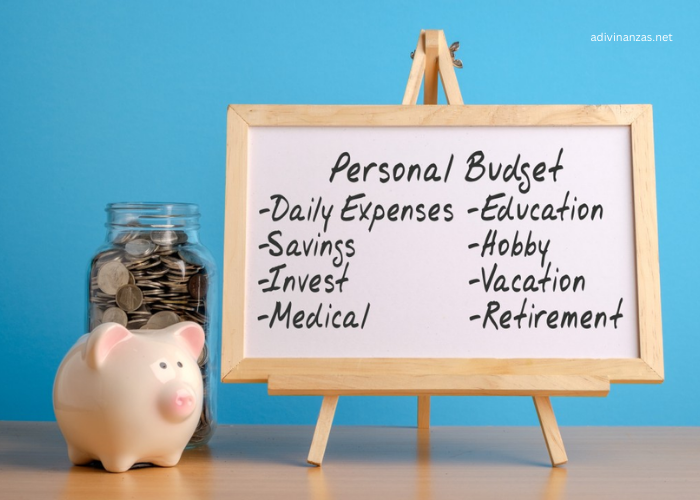Creating a personal budget is one of the most effective steps you can take toward achieving financial freedom and building long-term wealth. While budgeting might sound restrictive, it’s actually a tool that empowers you to control your finances and align your spending with your goals. Here’s how to create a personal budget that sets you on the path to wealth.
Step 1: Define Your Financial Goals
The foundation of a successful budget is knowing what you’re working toward. Start by identifying your financial goals. These might include:
- Paying off debt
- Building an emergency fund
- Saving for a home
- Investing for retirement
- Funding a child’s education
Set both short-term and long-term goals, and assign timelines to each. Clear objectives will keep you motivated and focused.
Step 2: Track Your Income and Expenses
To create an effective budget, you need to know exactly how much money is coming in and going out. Here’s how:
- Track Your Income: Include all sources, such as salary, freelance work, investments, or side gigs.
- List Your Expenses: Categorize them into fixed expenses (e.g., rent, utilities) and variable expenses (e.g., groceries, entertainment).
- Use Tools: Consider apps like Mint or YNAB (You Need a Budget) to simplify tracking.
Analyze your spending patterns over the last 2-3 months to identify trends and areas for improvement.
Step 3: Choose a Budgeting Method
Select a budgeting strategy that suits your lifestyle and preferences. Popular methods include:
- Zero-Based Budgeting: Assign every dollar a job, ensuring your income minus expenses equals zero.
- 50/30/20 Rule: Allocate 50% of your income to needs, 30% to wants, and 20% to savings or debt repayment.
- Envelope System: Use cash for specific categories, placing money in envelopes to avoid overspending.
Experiment with different methods to find what works best for you.
Step 4: Prioritize Savings and Investments
Wealth-building hinges on consistent saving and smart investing. Here’s how to make it a priority:
- Automate Savings: Set up automatic transfers to a high-yield savings account or investment portfolio.
- Build an Emergency Fund: Aim for 3-6 months’ worth of expenses to protect against unexpected costs.
- Invest Early and Regularly: Take advantage of compound interest by contributing to retirement accounts (e.g., 401(k), IRA) and other investment vehicles.
Step 5: Reduce Debt Strategically
High-interest debt can derail your wealth-building efforts. Use these strategies to tackle it:
- Debt Snowball: Focus on paying off smaller debts first to build momentum.
- Debt Avalanche: Prioritize debts with the highest interest rates to save money over time.
- Consolidation or Refinancing: Explore options to lower interest rates or simplify payments.
Step 6: Monitor and Adjust Your Budget
A budget isn’t static; it’s a dynamic plan that evolves with your life. Regularly review and adjust it by:
- Reassessing your goals
- Updating income and expense figures
- Addressing unexpected changes, like a new job or medical expense
Set aside time monthly to evaluate your progress and make necessary tweaks.
Step 7: Stay Disciplined and Reward Yourself
Sticking to a budget requires discipline, but it doesn’t mean depriving yourself. Celebrate milestones—like paying off a credit card or hitting a savings target—with small rewards. This positive reinforcement helps maintain motivation and balance.
Conclusion
Creating a personal budget that builds wealth is about taking control of your financial future. By setting clear goals, tracking your finances, prioritizing savings, and staying adaptable, you can achieve financial stability and pave the way for long-term prosperity. Remember, consistency and patience are key. Start budgeting today, and watch your wealth grow over time.

